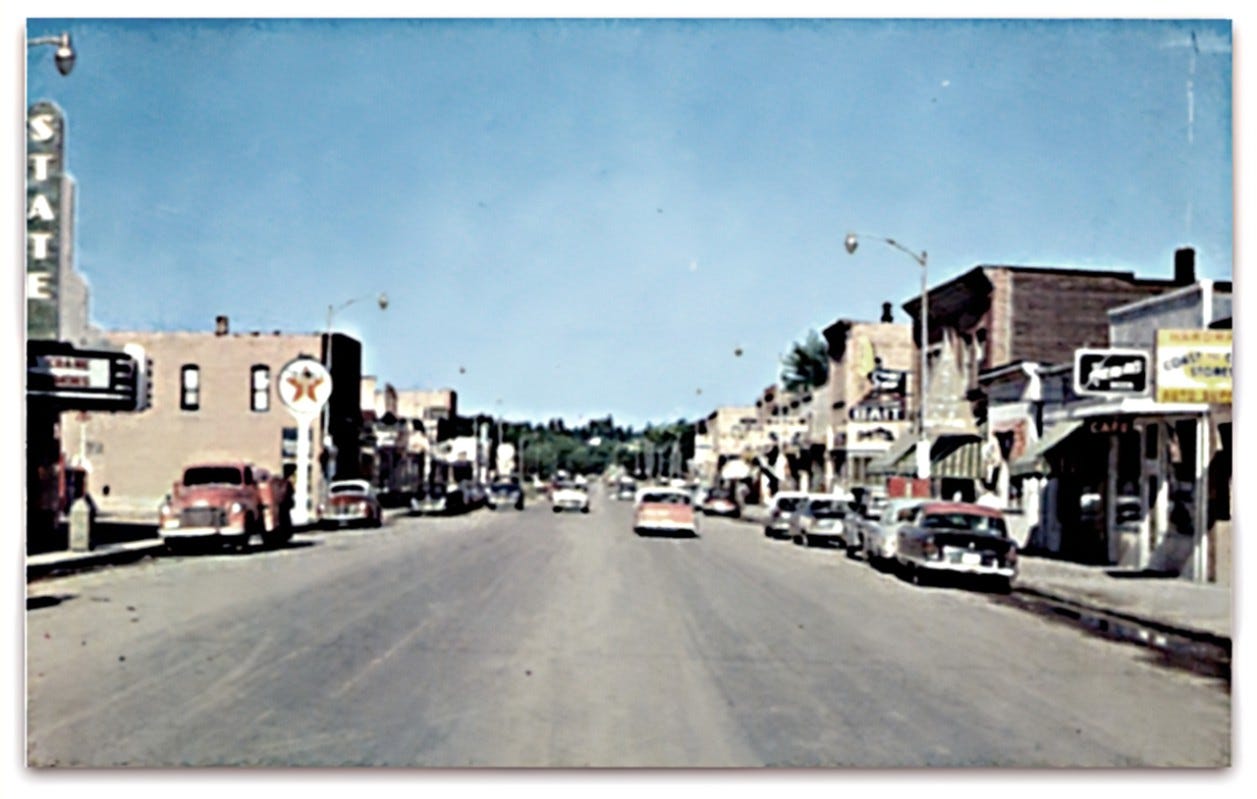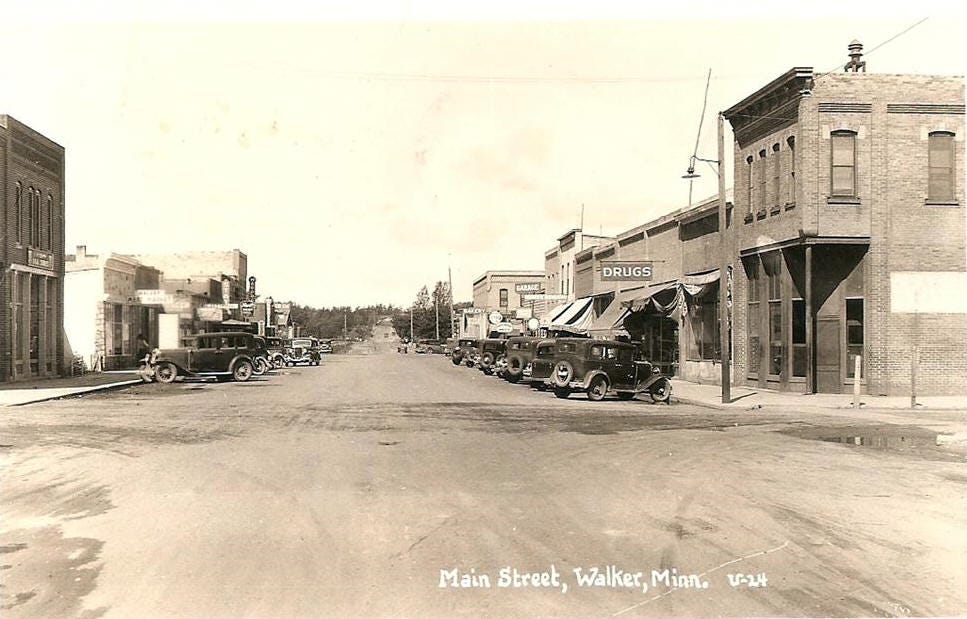Losing Small-Town Newspapers Means Losing The Stories They Tell
America is losing an important part of itself
The state of local journalism is widely, and correctly, understood to be grim. About 2,200 local print newspapers have closed since 2005, and the number of newspaper journalists fell by more than half between 2008 and 2020. In many places where papers still exist, a lack of resources prevents them from reporting thoroughly on issues vital to the community — issues like public safety, education and local politics.
Yet what is missing from these raw facts — depressing as they sound in the abstract — is a detailed sense of what, exactly, is being lost: the local controversies, wrongdoings and human-interest tales that are severely underreported or entirely untold.
I grew up in Walker, MN, a town of 971 frozen souls about 90 minutes south of the Canadian border. Walker is so small that its small theater didn’t get first-run movies until about a year after the first release. While I was growing up, there were no stoplights and precious few stop signs in town. It’s a wide spot on Hwy. 371.
Walker had no street addresses (this was in the days before 911); everyone collected their mail at the post office downtown. The closest thing we had to online shopping was the Montgomery Wards mail-order store.
The Twin Cities of Minneapolis and St. Paul were a good three-hour-plus drive south, and the closest thing to a “city” was Bemidji, which was about 30 minutes to the north on Highway 371. Bemidji was no big deal (about 15,000 people), but it at least had a state university and a famous statue of Paul Bunyan.
Walker didn’t have much when I was growing up, but it did have a weekly newspaper, the Walker Pilot, which my mother worked at for a few years. The Pilot wasn’t renowned for breaking hard news, but it did help to connect the community. There were advertisements for local businesses and community events and reports on sporting events at Walker High School.
My favorite part of the Pilot was the police blotter. It was a compendium of what the Cass County Sheriff’s office and the Walker Police Department had been up to over the previous week. Usually, it was pretty tame stuff, but now and again, there would be an entry that showed someone you knew getting busted for speeding, DUI, drunk and disorderly, or something embarrassing. If nothing else, it gave you a reason to feel superior to the unfortunate soul mentioned in the police blotter.
That seems like such a long time ago. What’s happening now in small towns like Walker is that local news sources are going the way of the buffalo. It’s not that there aren’t stories to tell in small towns or sparsely populated areas. There are, unfortunately, a rapidly dwindling number of news outlets to tell those stories.
Having grown up with a small-town newspaper as part of the fabric of life in Walker, I fear that America is losing a piece of itself in a rush to consolidate news operations. With media companies facing profit pressures like any other business, it’s understandable why they’d be reluctant to maintain news operations in areas of the country that might be less profitable.
That’s sad. It doesn’t mean the stories aren’t there. It just means they’re no longer being told, and America will be poorer for it.
Thank you for taking the time to read this. If you enjoyed it, I hope you’ll take a few seconds and join the party via a paid subscription. While you’re at it, why not forward this to a few like-minded friends who might also enjoy it!! You can also donate via Venmo (@Jack-Cluth).






